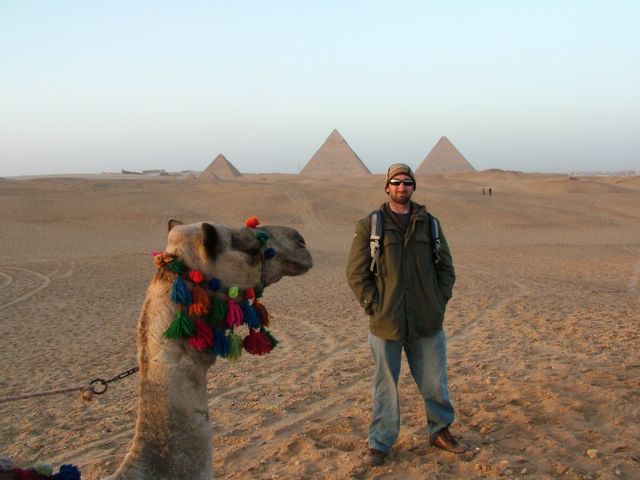Tangled up in blue-chips
Tangled up in blue-chips
Dylan's deal with Starbucks should not surprise us
http://www.guardian.co.uk/comment/story/0,,1517624,00.html
Mike Marqusee
Thursday June 30, 2005
The Guardian
'One more cup of coffee before I go / To the valley below ... " Will Starbucks customers be dwelling on death's incoming darkness as they sip their mocha frappuccinos and listen to Bob Dylan?
Clearly the corporation is confident that its appeal can withstand even the most mordant Dylan lyric. It's just announced a deal for the exclusive marketing rights to a new Dylan CD, or rather a new release of one of Dylan's earliest recorded concerts, a historic performance at the Gaslight coffee house in New York's Greenwich Village in the autumn of 1962.
The alliance will dispirit many of the master's fans, but it should come as no surprise. Dylan has been at war with his protest image since at least 1964, when he publicly renounced the left and "the movement". He's flirted with Christian fundamentalism, played the White House and the Vatican, let a bank use The Times They Are A-Changin' as a TV jingle and starred in a lingerie advert. "I used to care, but things have changed," he drawled bleakly in one of his later songs. The Starbucks deal seems to confirm that self-assessment.
But Dylan's struggle to shed his association with early-60s idealism will not blunt the irony of Starbucks' announcement. Coffee houses such as the Gaslight were once breeding grounds of dissent and nonconformity. The espresso was cheap, the furnishings improvised and the music defiantly noncommercial.
With its corporate regimentation and single-minded dedication to maximising profit, Starbucks is diametrically opposed to the ethos of the Gaslight. In fact its cut-throat policies have pushed independent coffee houses out of business. Yet it likes to present itself as the inheritor of the old coffee-house ambience - informal, hip and socially responsible. It calls its low-paid workers "partners". It wants to be associated with the "fair trade" movement, even though the bulk of its raw material is not bought at "fair trade" rates. In other words, it has a huge investment in persuading us all that it is something it's not. And that is one reason why it's willing to pay handsomely to be linked to folk-era Dylan.
It's impossible not to marvel at the apparently limitless capacity of corporate behemoths to appropriate the trappings of their opponents - from images of Che Guevara to G8 protests. Dylan himself was precociously aware that gestures of rebellion could be reduced to fashion statements. Watching President Lyndon Johnson purloin the civil-rights slogan "We shall overcome" on a TV broadcast, he observed: "If you want to defeat a movement, steal its song."
Long ago, Dylan warned us about heroes with feet of clay: "Don't follow leaders, watch your parkin' meters ... "
Regardless of his apparent determination to demean his own artistry, in his great songs he offers an enduring indictment of the tyranny of commodities: "Money doesn't talk, it swears." So when the apocalyptic lyrics of Hard Rain ring out at Starbucks later this summer, they may not carry the same charge as they did at the Gaslight in 1962, but they'll still challenge anyone who really listens to take a step beyond caffeine-hyped consumerism.
Mike Marqusee's Wicked Messenger: Bob Dylan and the Sixties, a revised version of his Chimes of Freedom, will be published in the autumn
www.mikemarqusee.com


0 Comments:
Post a Comment
<< Home